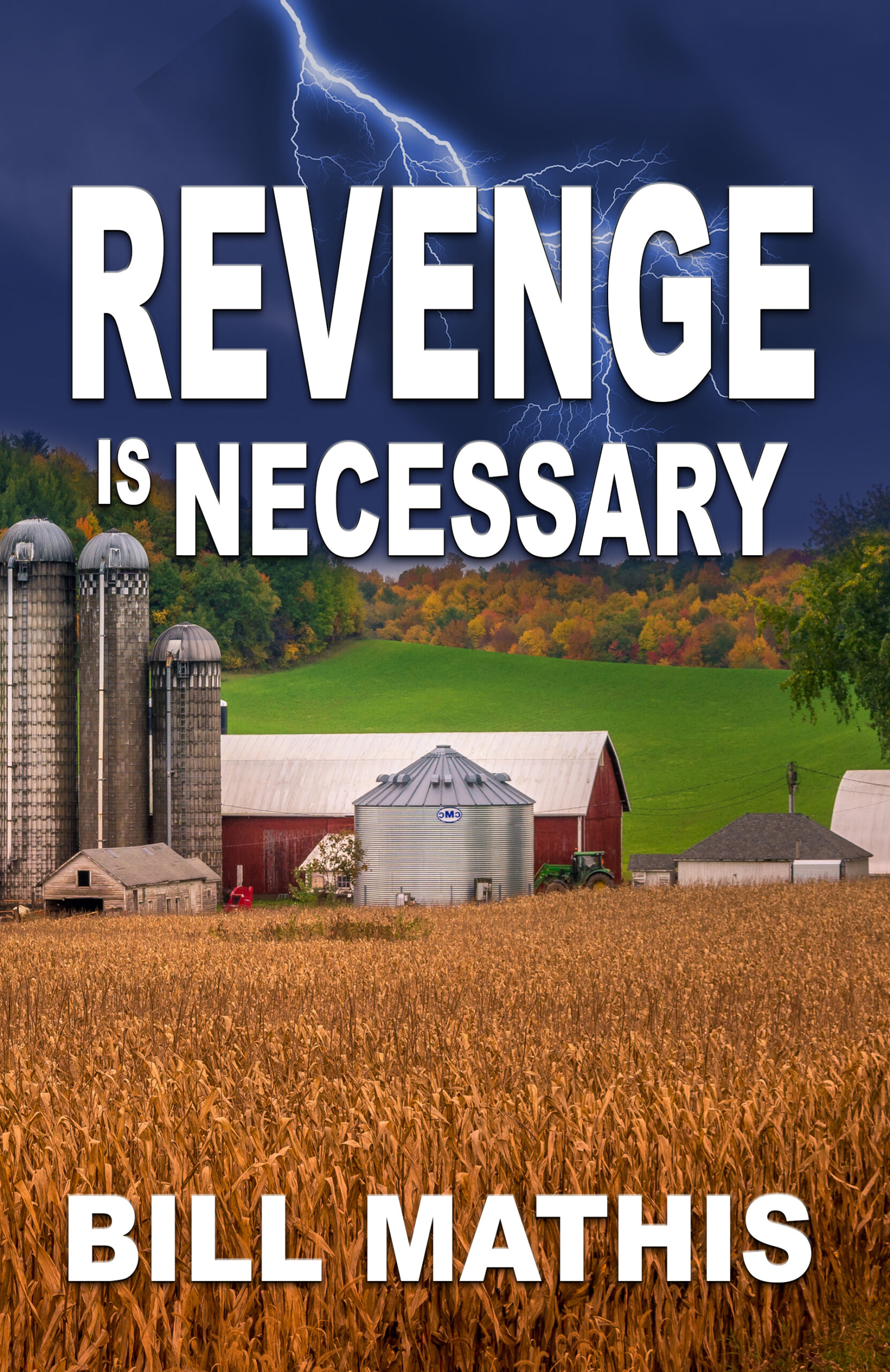Loaves and Fishes is from my cutting room floor. It’s a scene that didn’t make it into a book and was rejected at a journal or two. So, I’m inflicting it on you. I think it goes well with the approaching season and holidays.
Loaves and Fishes, Part One
Jane squeezed into the small janitor’s closet with the jugs, and odors of bleach, waxes, cleaners and musty mops. She arranged several paint cans for her ample bottom, left the door open a crack, then with a groan, sat down. She crossed herself, praying they would solve the mystery today, and that she would be able to raise her hefty body from the low perch without calling her tiny friend, Agnes, for help.
Across the room, in the darkened corner of the lunch/activity center of St. Joseph’s Catholic Church and School, Agnes easily lowered herself to the floor and wriggled backwards, parking her skinny bottom between the extra tables and chairs stored there. Both women held excellent spots to spy on anyone arriving or leaving the room, especially the kitchen, and the serving tables awaiting tonight’s potluck dinner.
Agnes and Jane had arrived together, well before the set-up time for the monthly dinner known as Loaves and Fishes Night. Both bound and determined to observe a miracle. Or, at least answer the two-year-old question mystifying them: Who was bringing the delicious meat? Meat, that in the depths of the depression, few could afford, let alone share at a church potluck dinner.
The prior week, Sister Maria, principal of St. Josephs School, stood in the doorway of her office. She sighed through her official nun smile as she watched the group of mom’s and their little children straggle up the stairs from their monthly potluck meeting. The women walked by her in their faded dresses decorated with nursing stains, baby spit-up and toddler snot. Their overcoats were threadbare, their broken-down shoes—some holes stuffed with cardboard or newspaper—squeaked as they plodded resolutely down the brown tiled floor. Yet, somehow, in spite of their huge families, desperate finances, and barely able to keep a roof over their heads, these moms of many smiled and laughed as they walked by her.
Loaves and Fishes Night was an event eagerly anticipated now. But it was not received well when, several years before, Father Peter announced the church and school would hold a monthly get together. Back then, after telling them the loaves and fishes story, he called it simply a potluck dinner. He saw it as a chance to build and strengthen relationships in a community devastated by the depression. Everyone was in the same situation, bringing them together would help, he reasoned, help them realize they were not struggling alone, and maybe, just maybe, they would find strength in community.
Shock and complaints ensued. How could they bring food to feed others when they could barely feed their own? Did he really expect them to believe the loaves and fishes story?
Father understood they felt embarrassed to let others see how little food they had. Still, he repeated the loaves and fishes story and set the date for the first event. Next, he enlisted Sister Maria to inform the parents they did not have to cook extra, or anything special, just bring whatever they were eating that night, that lots of little servings will feed many.
Father Peter and Sister Maria were a good team. Sister M (a nickname never spoken to her face) and Father arrived at St. Joe’s in August of 1929, months before the financial crash that sent the country into an environment few experienced before. Sister M stood five-foot ten-inches tall and wore low heels hidden beneath her habit to make her height even more intimidating. Her gray-green eyes glared over gold rimmed glasses. With her direct questions and forthright observations, Sister M was feared, yet eventually, revered by all.
Father was a round, cuddly, teddy bear; warm, outgoing, funny, loving, and stubborn. He and Sister M collaborated daily on the many needs of their members living in this smelly parish. Smelly, because they sat in the Back-of-the-Yards neighborhood on Chicago’s Southwest side, home of the nation’s meat slaughtering and packing industry. They initiated a benevolence closet in which the committee members energetically tried to acquire clothing donations from better parts of the city—you could tell from their odor if the donated clothes were local or from the Lakefront areas—and stretched every meager penny that clinked in the offering box as far as humanly possible, sometimes beyond human. They were Polish, as was the community, and knew a thing or two about squeezing pennies into nickels and nickels into dimes.
At the first potluck dinner, people walked in with their heads hanging in resigned embarrassment over the poor food they carried. It was winter, a time they ate potatoes, root vegetables, bread and oatmeal. Meat? Who could afford meat? They were shocked at the fragrance of roast chicken wafting through the room. It was carved into small pieces, but still, roast chicken? In the winter? Who in 1933 could afford that?
The second month a ham mysteriously appeared, the third a roast. Every month, when the ladies came to set up, something few could afford magically waited in the warming oven, or sat on the serving table, always in the same large dented roaster.
The adults quickly recognized there was no shame in being poor, or of bringing roasted turnips, if that was all they had. The appearance of meat helped raise the level of interest in coming. Being able to enjoy a small serving of tasty meat was almost like icing on a cake—something else that was rare.
More people began to attend. Each family more willing and less embarrassed to share their meager meal in the growing sense of community. The event expanded as children and families performed after the meal. Music, dancing, skits, readings and silly games provided a reprieve from their dark home lives. The number of volunteers increased as well, not only to help out, to become a part of something bigger than themselves, but also to gossip about the mysterious provider of the meat.
To be continued…






